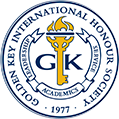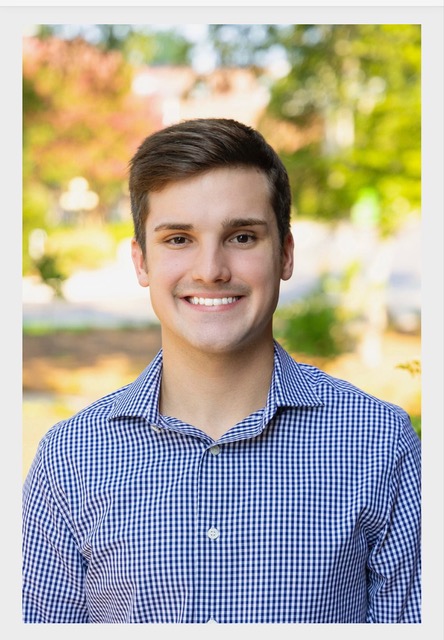As education is constantly reformed due to advances in technology and innovative classroom trends, new “classical schools” are starting their own movement in the US. These schools aim to teach students to cultivate wisdom by learning about Plato, Latin and great literary works of Western civilization, rather than how to utilize technology. The school curriculum educates students in the fields of humanities, language and the fine arts– a regimen that ancient Greek philosophers would have supported as an idyllic education. Students are also held to strict behavioral standards in classical schools, as well. They are taught about noble characters in history to emulate in both etiquette and virtue.
These schools don’t just add a few classical classes to modern curriculum, either. Some classical schools divide the syllabus into a three part series consisting of grammar, logic and rhetoric. For example, students from kindergarten to fourth grade will learn about ‘grammar’, which would be education in basic math, poetry, spelling and phonics, music and the history of human civilization. The ‘logic’ curriculum, which is grades five through eight, would teach students to study algebra, think through arguments and propose and defend theses. The final stage, the ‘rhetoric’ stage, would pertain to grades nine through twelve and would concentrate in expressing ideas through written and verbal communication and how to apply knowledge.
Although this is not a new concept to education, it has certainly affected enrollment in parochial/ religious schools, as well as inspired new public schools. In fact, there is a strong following for the concept of classical education. Susan Wise Bauer, an author and educator, published a book on classical schooling at home, which has sold over a half-million copies. There is also an organization called the “Association of Classical and Christian Schools” that consists of a couple hundred schools and thousands of students that focuses on the classical method of teaching. Some would not consider the program to be fully classical, though. An article from CNN’s Schools of Thought interviews Bauer, who said, “As the movement has grown, there’s been an increasing tendency to define a classical education as ‘This is what Plato or Aristotle would have recognized.’ But there are whole new fields of knowledge since then. We wouldn’t reproduce their view of women, which was that they shouldn’t get an education. What we’re really doing now is neo-classical education.”
By learning Latin and Greek, students would be learning skills that could be beneficial if they were to enter the medical or science field. And by being educated in logic and thesis defense, students could be better prepared for studying law or humanities. But would a curriculum such as this, which does not concern itself with utilizing technology, be beneficial or damaging to students who want to enter a newer educational field in the future? Do you think these students will be prepared when they enter college?







